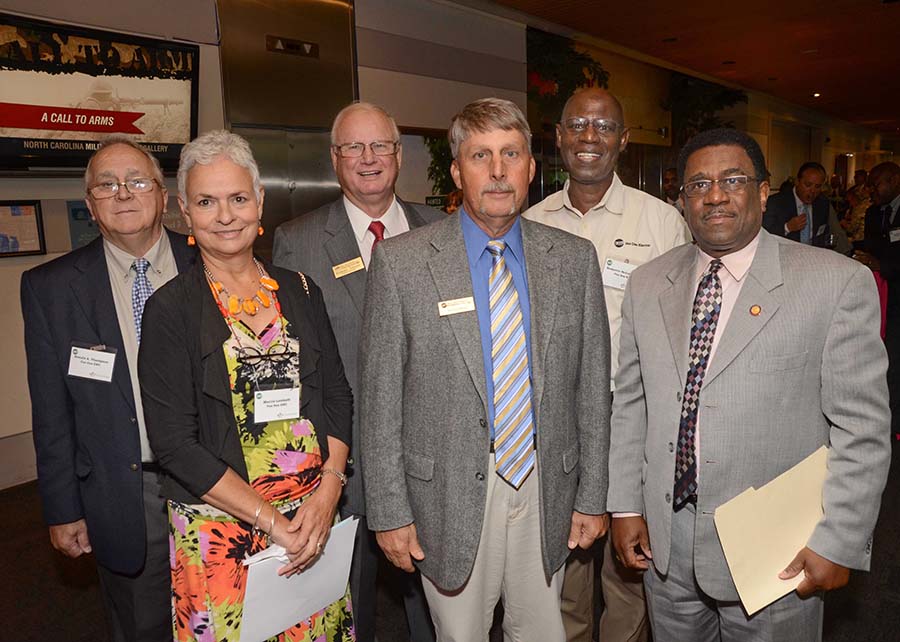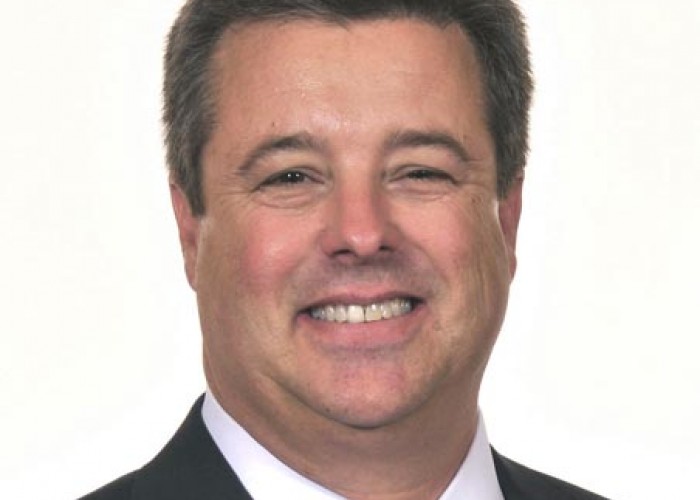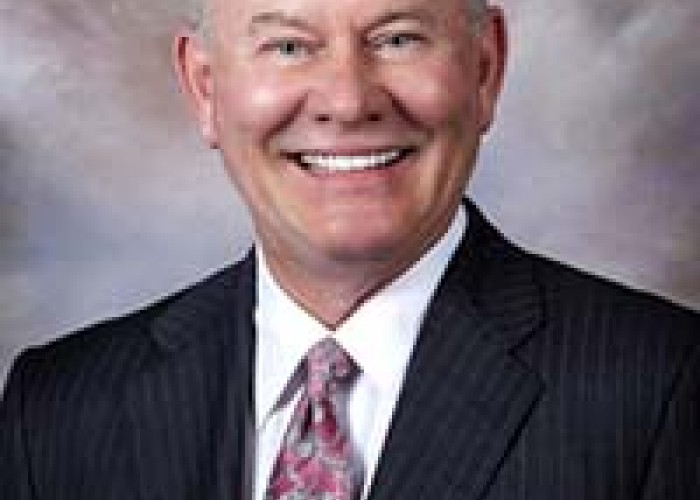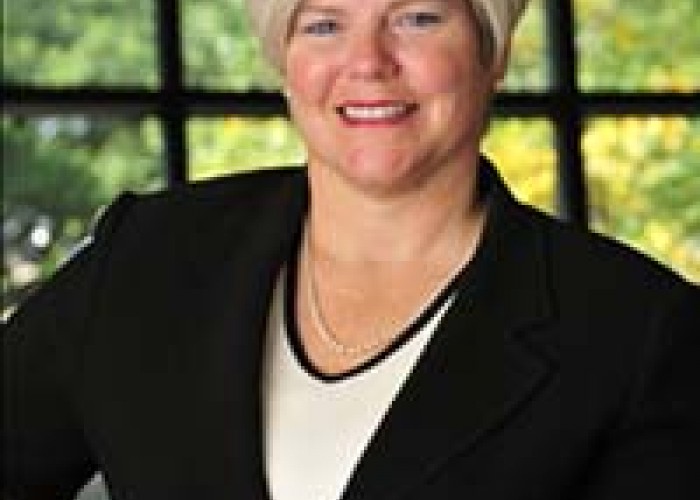Representing the Grassroots
by Richard Johnson
By Richard Johnson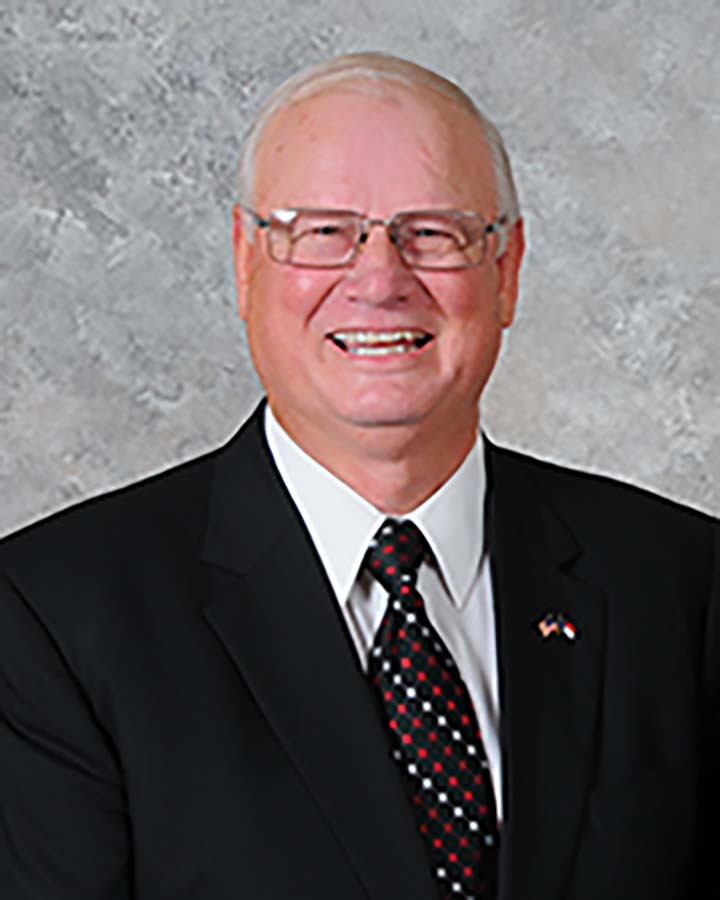
If we learned anything from the 2016 election, it’s that rural voters matter. We knew that all along, of course, but the significant turnout from rural parts of the country was a surprise for many pundits and pollsters. You’ve read about get-out-the-vote efforts like Co-ops Vote in the pages of this magazine, and I want to thank all of those who turned up at the polls in November.
But the political process doesn’t stop once the polls close, and as a member of an electric cooperative in North Carolina, you can rest assured that your interests are being made top of mind to legislators every month of the year. As a member of my co-op’s board of directors, I was elected from among my peers to look out for your best interests, and to ensure your cooperative continues to provide safe, affordable, reliable electricity in an environmentally responsible way. Part of that role is to carry the voice of our communities to the General Assembly in Raleigh — to represent the grassroots, so to speak.
Electric cooperative directors and co-op leadership staff will be showing up in force later this month for an annual event we call the “Rally in Raleigh.” It’s two days that we set aside with our legislators to make them aware of the energy issues affecting you, our members, as well as those policies that affect our way of life in rural parts of the state.
For example, one hot-topic issue these days is rural access to high speed internet. As technology evolves, your electric cooperative is able to offer more advanced energy services, and consumers can better track how they use (and conserve) energy. A reliable internet connection is key to these services, but just as many rural residents didn’t have access to electricity 75 years ago, today we’re facing the same problem with broadband.
Some of our legislators may come from towns or cities where they don’t have to think twice about getting online, checking email and streaming music or movies. But for many rural residents, internet access is limited to what we can get on a smartphone, if even that. It’s not unheard of for students to congregate at the library or the nearest fast food restaurant to do homework on public WiFi networks. Those of us seeking employment may have to do the same to submit job applications.
It’s just this kind of issue that we want to make sure our representatives don’t miss.
Leaders across the state are making the case to bring broadband to unserved or underserved areas — paving the way for enhanced energy services from your co-op, as well as supporting education, healthcare and economic development in our communities.
Electric cooperatives have built a solid relationship with our state legislators over many years. Because we are owned by the members we serve, we can leverage that relationship to champion rural communities and their interests. Regardless of the current election cycle, you can trust that we are out there, working for you.
(L-R) Pee Dee Electric board members Donald Thompson, Marcia Lambeth, Richard Johnson, Richard Melton and Ben McCallum, Jr., meet with Representative Garland Pierce.
About the Author
Richard Johnson is president of the Board of Directors for Pee Dee Electric in Wadesboro.-
For more Viewpoints:
-
Share this story:

